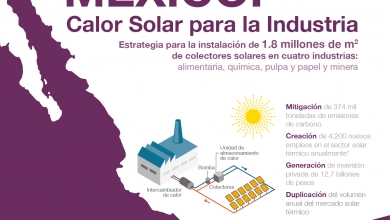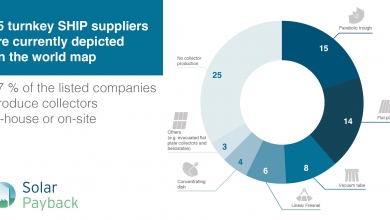Expert interviews highlight chances and challenges of SHIP in India
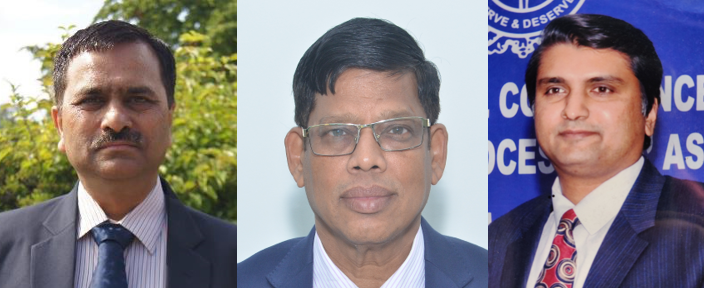
Solar Industrial process heat (SHIP) is still behind its potential in India. The Solar Payback Partner in India, the Solar Thermal Federation of India (STFI), has carried out interviews with stakeholders from associations to find out what still needs to be done to speed up SHIP deployment in India. We publish selected answers from these interviews below.
“Solar thermal for industrial applications is gradually getting cost effective”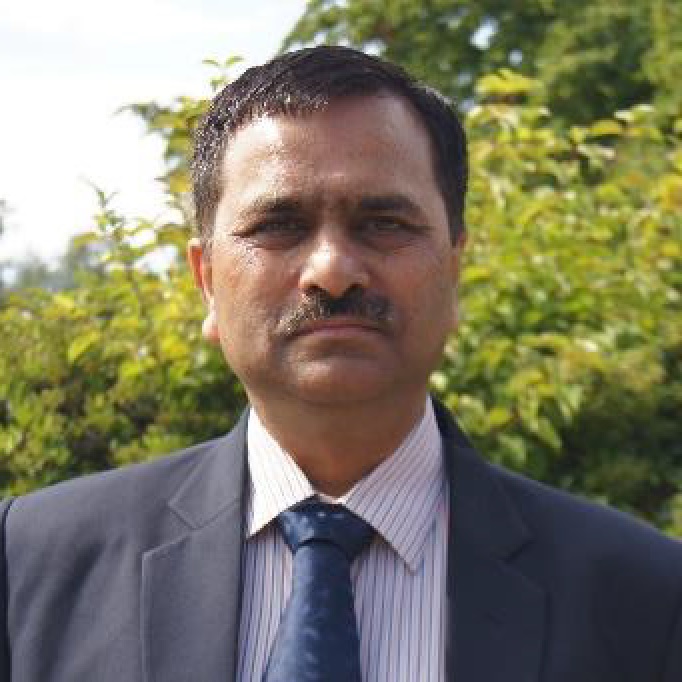 Mr. Rakesh Kumar Vimal, Additional General Manager (Technical Services) at the Indian Renewable Energy Development Agency, New Delhi, https://ireda.in/
Mr. Rakesh Kumar Vimal, Additional General Manager (Technical Services) at the Indian Renewable Energy Development Agency, New Delhi, https://ireda.in/
Do you agree that solar thermal technology is a cost-effective solution to cover heat demand in manufacturing processes?
Vimal: Deployment levels of solar thermal technology for process heat in manufacturing is mainly dependent on its economic competitiveness. Some of the key challenges are high initial costs & longer pay-back periods etc., further, the integration into existing industrial processes is critical. Although the solar thermal energy could save costs in the long run for industries, however the complexities of integrating new heat sources into existing processes may create issues with certain high precision manufacturing processes. Innovations and R&D is required for smooth integration of solar thermal technology into the industrial processes like storage/hybrid systems etc. This means the system needs to be accompanied by storage to allow process heating during non-sun hours, storage for non-production hours, with more advanced control systems to optimize the usage of solar heating.
Solar thermal for industrial applications is gradually getting cost effective. It is to be kept in mind that this is one-time investment with nominal maintenance cost and also the conventional fuel cost (i.e. gas or diesel) being commonly used in industrial processes may keep increasing in future.
Do you agree that additional support measures are necessary to increase deployment of industrial solar heat plants in India?
Vimal: Promotion of the technology has to continue. Owing to high initial capital cost, the long term & low cost funds are critical for the growth of the sector. This will make the manufacturers and suppliers marketing efforts comfortable. Business models like ESCOs / other innovative models need to be encouraged with conducive policies/regulations for faster scaling. It is also important that other financial & fiscal support is commensurate with the high capital costs of the concentrating solar thermal technology.
“Solar thermal should catch the same pace as solar PV”
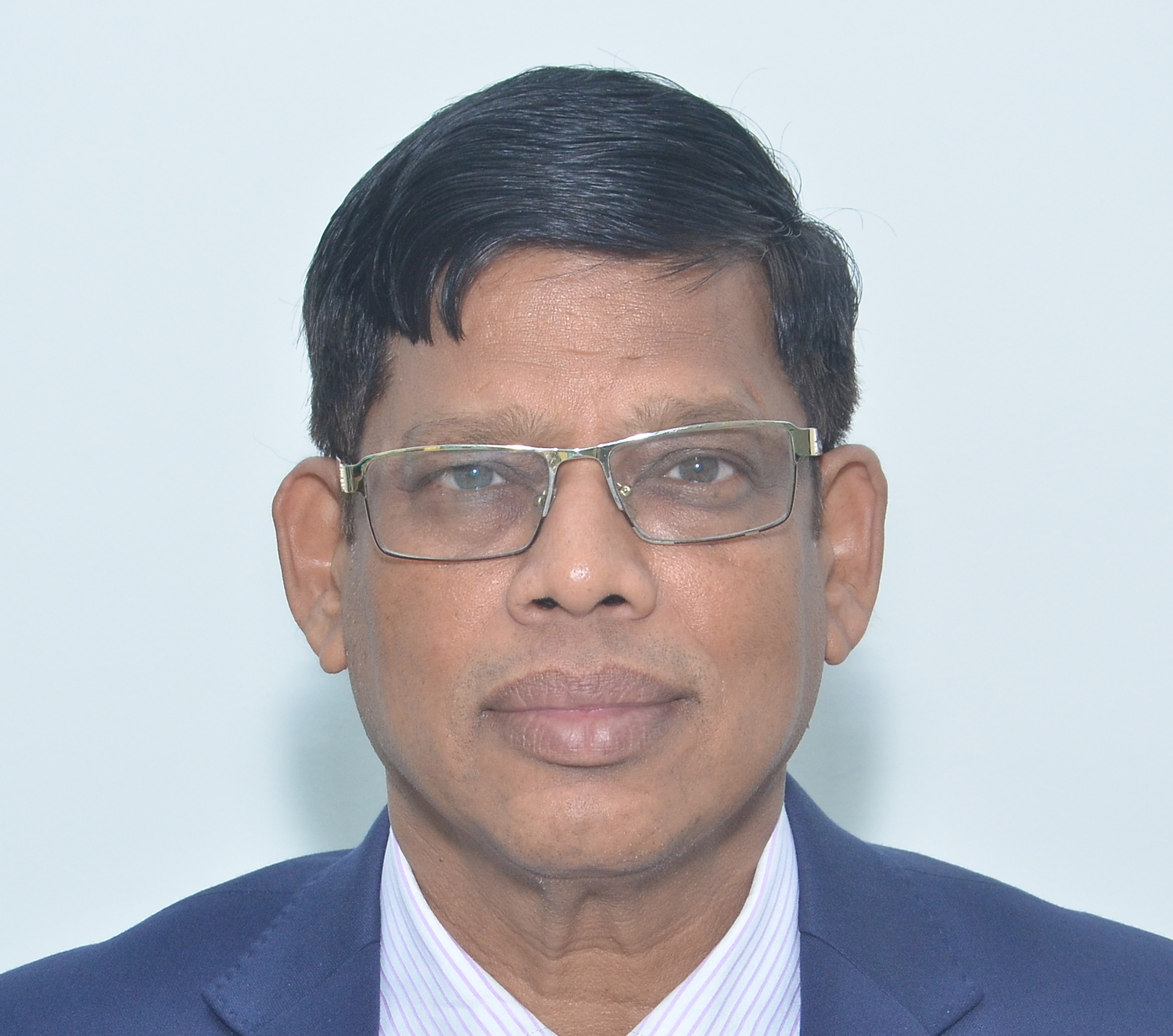 Upendra Tripathi, Director General of the International Solar Alliance, http://isolaralliance.org/
Upendra Tripathi, Director General of the International Solar Alliance, http://isolaralliance.org/
Do you agree that solar thermal technology is a cost – effective solution to cover heat demand in manufacturing processes?
Tripathi: Yes, it is. Instead of firstly producing electricity and then generating heat, we are directly producing heat which is being used in the manufacturing process. However, demonstration projects set up in the last five years for community cooking, process heating and cooling commissioned under bilateral programmes are yet to establish their stature as being cost-effective. Solar thermal should catch the same pace as solar PV which is progressing exponentially owing to falling costs. Solar thermal systems in manufacturing processes are designed in customized manner depending upon requirement of the process industry hence has its own challenge.
Which additional information would be needed to promote solar thermal installations as one option to reduce energy costs in ISA member countries?
Tripathi: There is a need to reach out to industries to convince them about the efficacy of solar thermal by showcasing international success case studies that have attractive return on investments. Further, industries should be extended support to prepare project reports as each industry would have a specific requirement in terms of temperature at which heat is needed.
“An app to calculate the costs benefits of associated with solar heat could be developed”
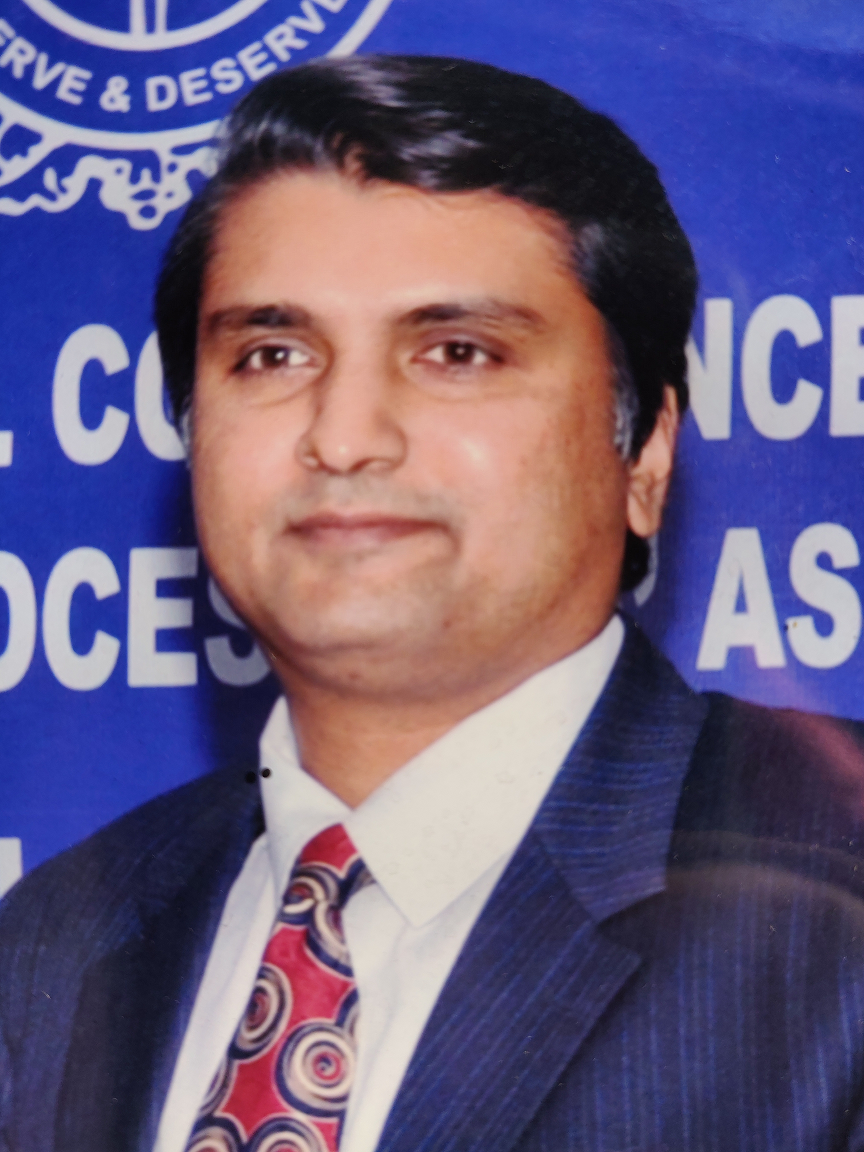 Sagar Kurade, former President – All India Food Processors Manufacturers Association, http://www.aifpa.net/design/index.aspx
Sagar Kurade, former President – All India Food Processors Manufacturers Association, http://www.aifpa.net/design/index.aspx
Do you agree that solar thermal technology is a cost-effective solution to cover heat demand in manufacturing processes?
Kurade: Solar thermal technology is certainly a cost effective solution for some of the process’s associated with the Food Processing Industry. For example, this technology is already being used for dehydration of truit & vegetables. In fact, sun dried tomatoes are eagerly been sold by the industry and play a critical role when prices of tomatoes plummet in a specific time of the year. Our company Suman Food Consultants, has also done a study for the National Meat & Poultry Processing Board where use of clean energy like solar can be used in bringing utility cost down for processing of meat products.
Which additional information would be needed to promote solar thermal installations as one option to reduce energy costs among your members?
Kurade: We believe an app can be developed for interested industry members. This app can be used by industry to calculate the cost benefit associated with adoption of solar heat technology investment into the project.
The interviews were conducted by Jaideep Malavia from the Solar Thermal Federation of India.


